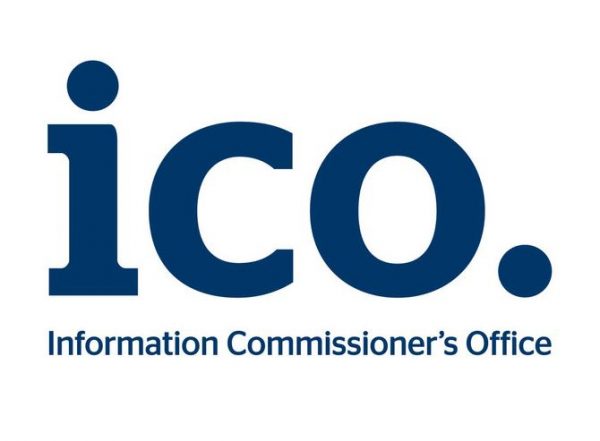
Charities fined for breaching UK data regulations
April 19, 2017
Swissfundraising calls for amendments to proposed data protection law changes
April 19, 2017A Lloyds Bank Foundation report has set out seven key steps to help smaller charities prepare and adapt for the future.
Facing Forward: how small and medium sized charities can adapt to survive aims to help CEOs or trustees of small charities plan for the future. It examines ten key trends likely to affect the future and provides steps for charities to follow to prepare for these changes, and improve their sustainability.
The seven steps:
1. Planning ahead
Regularly taking stock with staff and trustees, and seeking help if needed, will give charities the best chance of surviving and thriving. Too often smaller charities leave it too late and find their options diminished.
2. Understanding sustainability
Consider what sustainability means, in light of the charity’s mission. Ask: can we achieve the biggest impact for our clients/cause, given where we are now and the outlook ahead? The answer may point towards a different way of working, collaboration, or even closure if the charities’ resources could be better used elsewhere.
3. Matching income to activities
Undertake situational analysis to help you consider sustainable funding streams. Using a Mission/Money Matrix to segment activities can help assess different funding opportunities and see which will generate income and which will require ongoing subsidies.
4. Exploring new income streams
Identifying different options for funding work is critical. Different charities will have different strengths that each lend themselves to different funding options.. Effective and regular communication with existing and new audiences, emphasising the role, value and distinctiveness of what that charity offers will be key to realising new income opportunities.
5. Collaborating by choice
In many cases, charities will need to collaborate to achieve their mission. Charities will need to seek out appropriate partners but work hard to ensure they meet everyone’s needs and not be afraid to walk away if the risks and disadvantages are too high.
6. Digital capabilities
Digital development might make collaboration easier and can make smaller charities more effective and efficient. Taking advantage of this will require investment in digital capabilities. Free platforms and resources are widely available which can help those at an early stage of their digital development.
7. Sustaining staff
Every charity’s sustainability will depend on the wellbeing of the people who lead and work with it. In tough times, staff often find themselves over-stretched and at risk of burnout which presents significant risks to charities. Trustees need to be proactive about considering the wellbeing of staff and volunteers and use available resources to help them.




